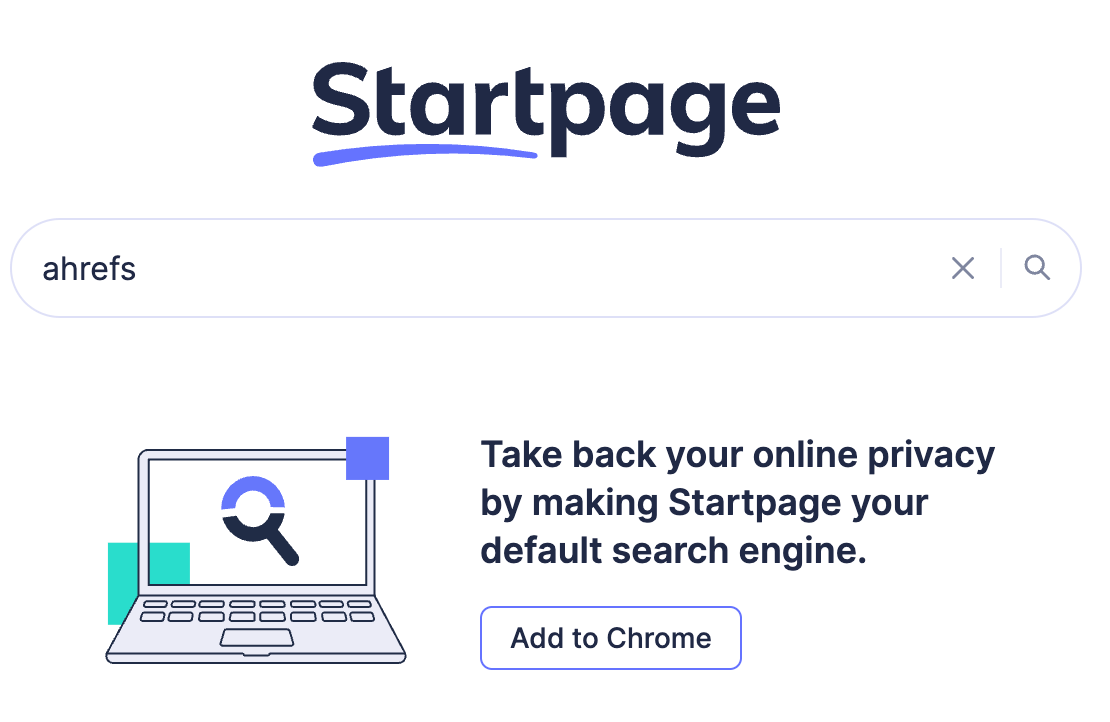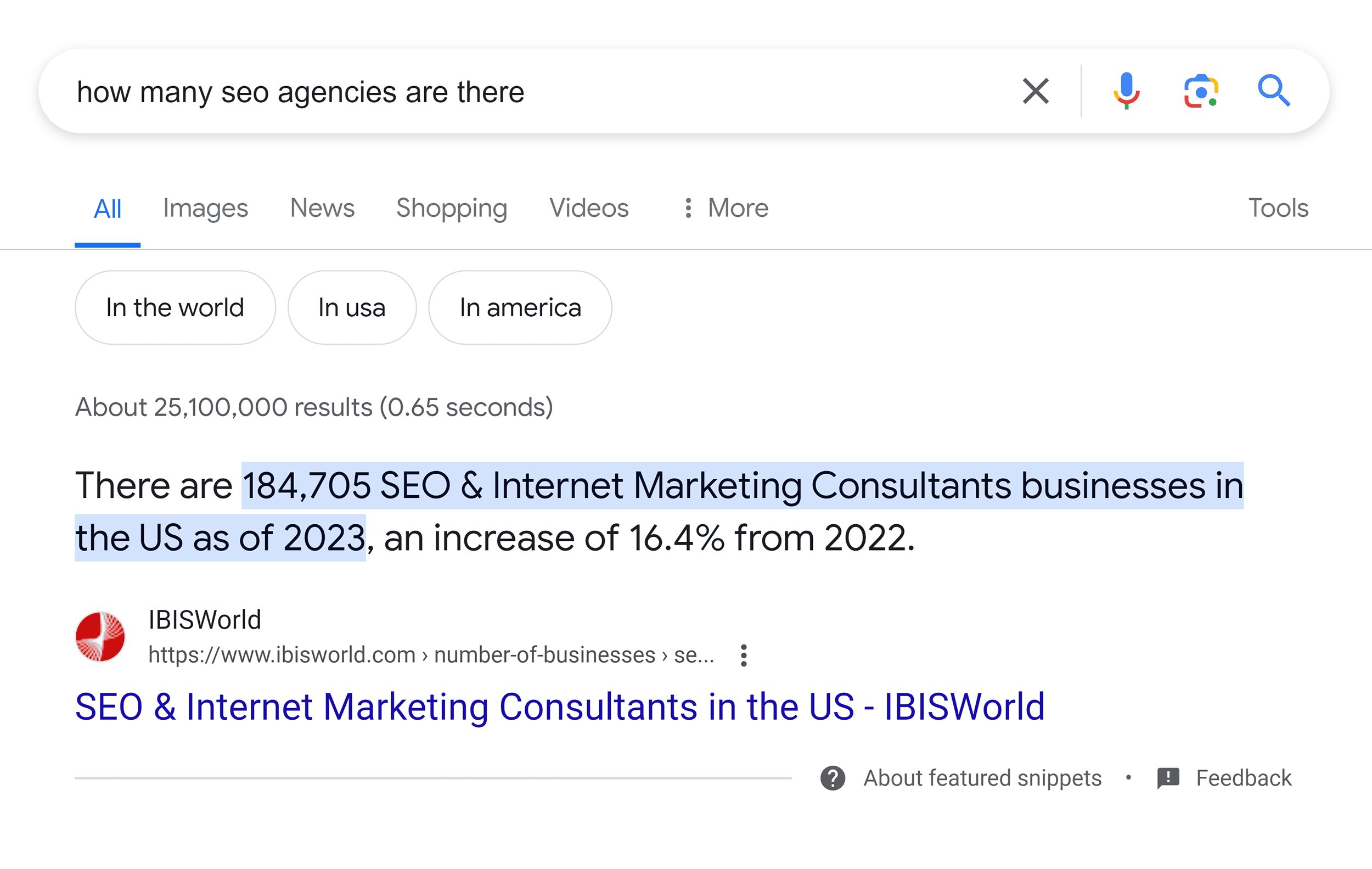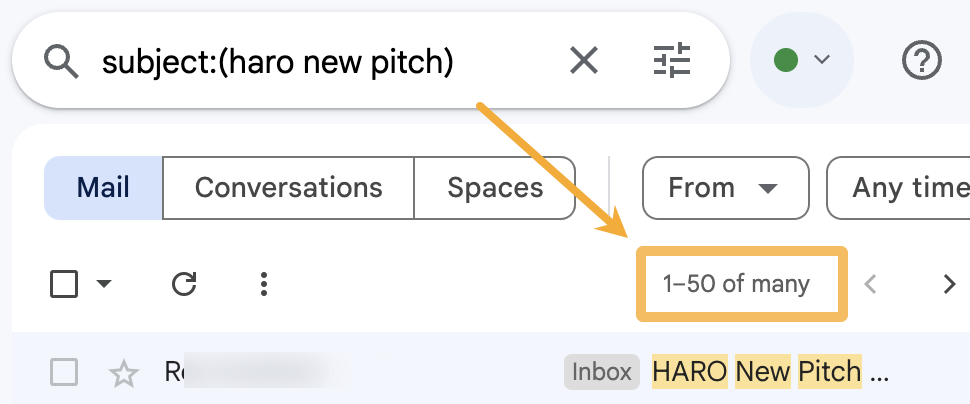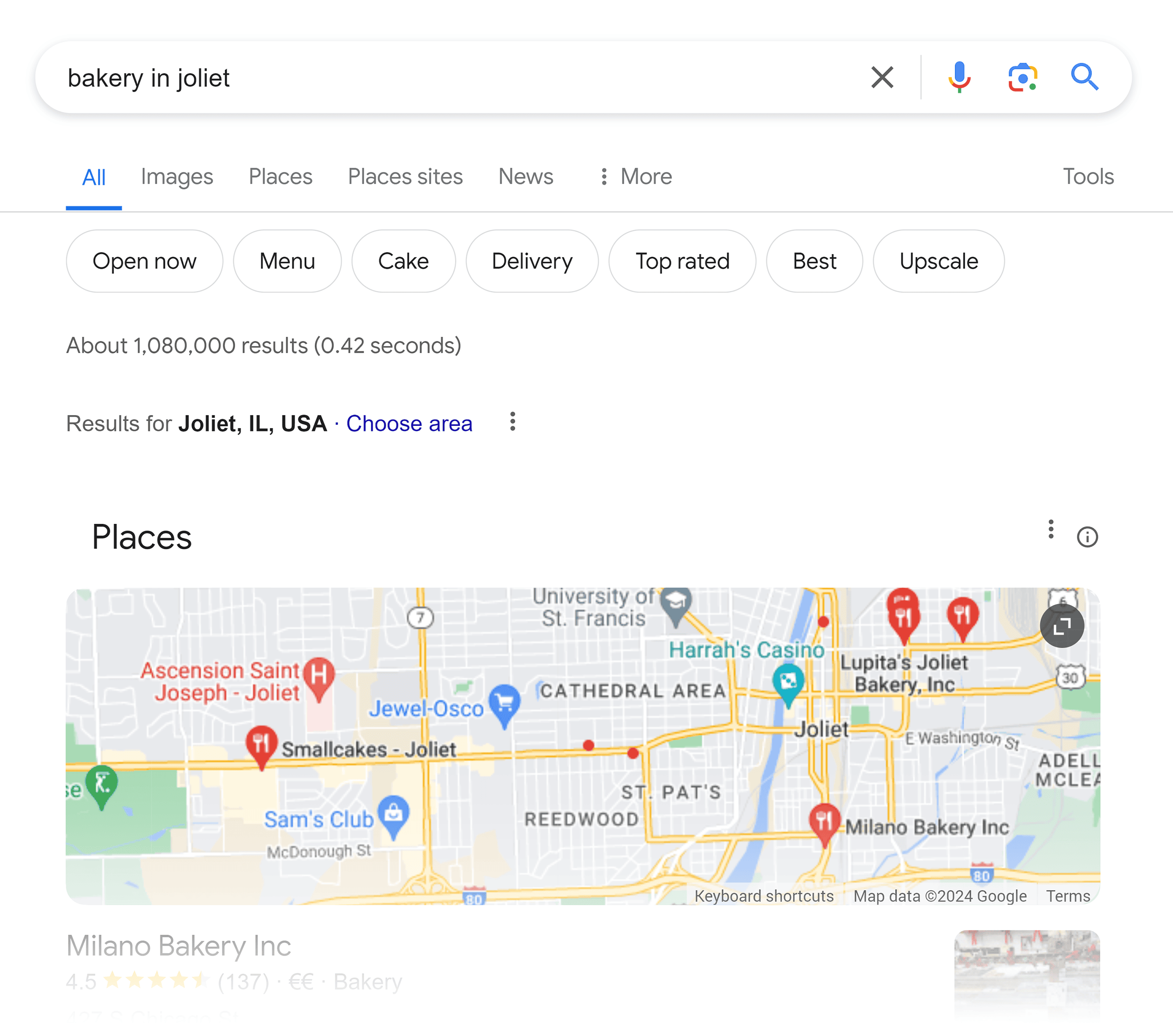Google alternatives are everywhere, but are they any good?
To answer this question, we researched a few popular alternative search engines. Our main judging criterion is how each search engine fared in its commitment to protecting user data and privacy.
Here are the ones that got our approval:
Startpage is effectively Google without the tracking.
According to the Netherlands-based search engine, your queries are anonymized before search results are pulled from Google. This means all identifying information is blanketed, including your IP address. No tracking cookies are used either.
Startpage also complies with GDPR, a European Union regulation that protects users’ data. Still, you should know the country is part of the Nine Eyes intelligence alliance, which shares mass surveillance data with eight countries.
Feature spotlight

The “Anonymous View” feature lets you visit websites from your search results anonymously for both desktop and mobile. It essentially behaves like a (free) VPN.
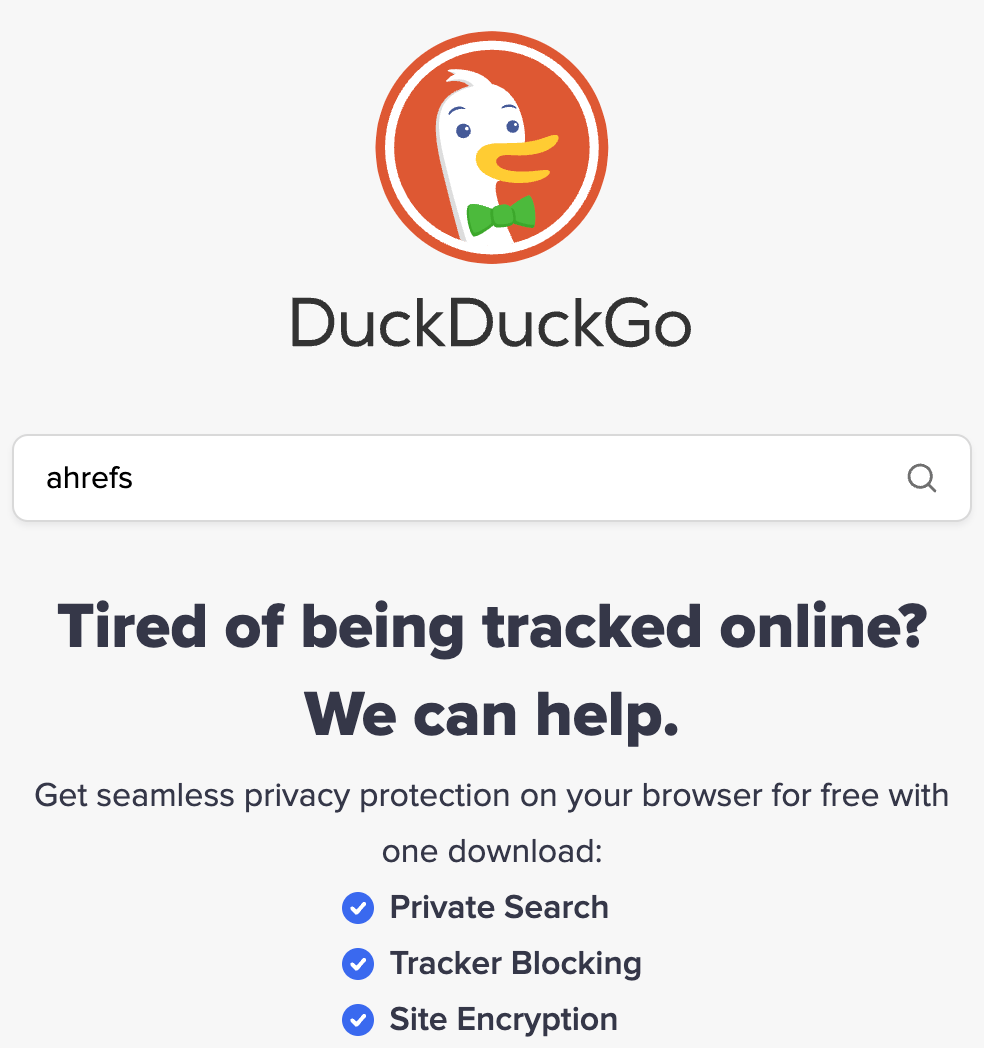
DuckDuckGo is easily the most well-known private search engine around—and the antithesis to Google when it comes to favoring user privacy.
Your search history is saved in a non-identifiable manner. This means tracking cookies and personal identifiers, such as IP addresses, are not stored.
Despite the fact that DuckDuckGo’s results are pulled from over 400 sources (including Microsoft’s Bing), DuckDuckGo assures its users that it doesn’t share any personal information with them.
The same applies to DuckAssist—a new type of InstantAnswers in DuckDuckGo’s SERPs—powered by large language models from OpenAI and Anthropic. DuckDuckGo says it doesn’t share any data with the two content partners.
A possible downside for DuckDuckGo is that it’s based in the U.S., which conducts mass surveillance programs like PRISM. (The U.S. is also part of the Five Eyes.)
Feature spotlight
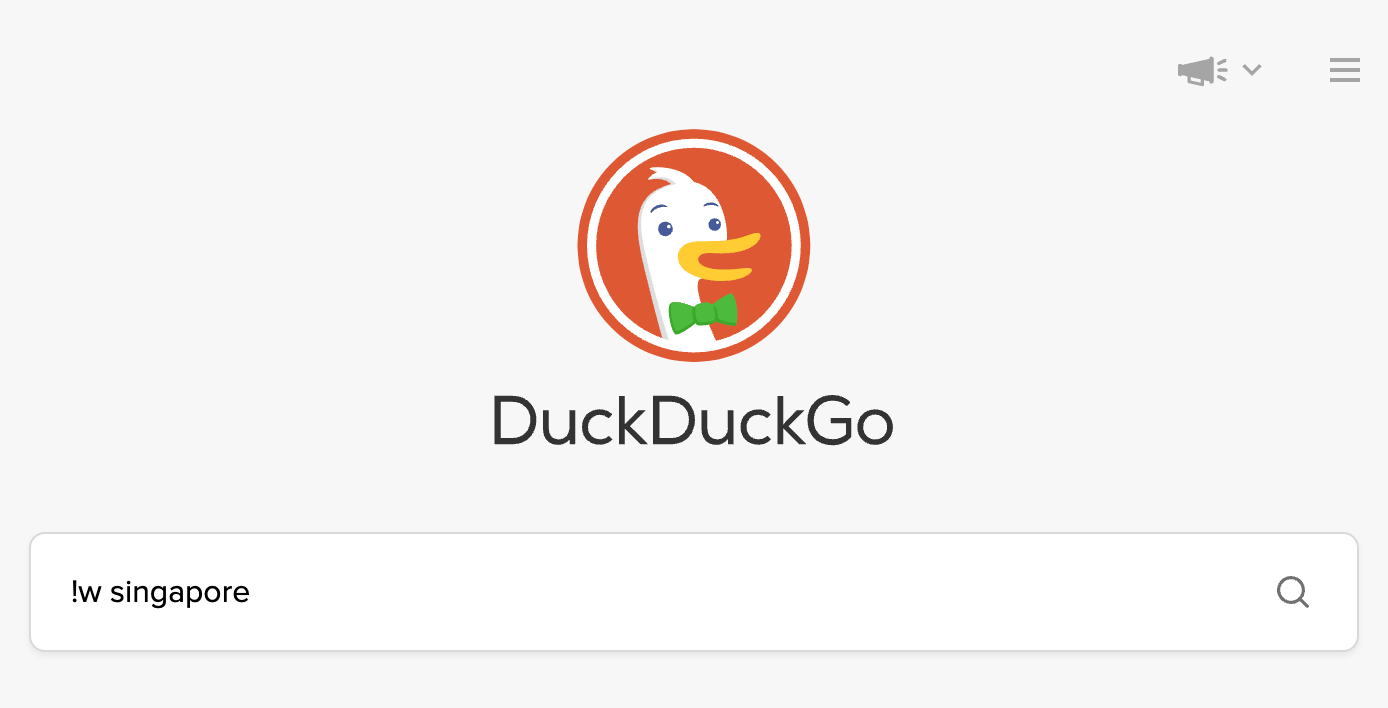
DuckDuckGo’s “Bangs” feature takes you directly to search results on other sites. For example, typing “!w” and a keyword like “singapore” (i.e., “!w singapore”) takes you directly to Wikipedia’s page for Singapore.
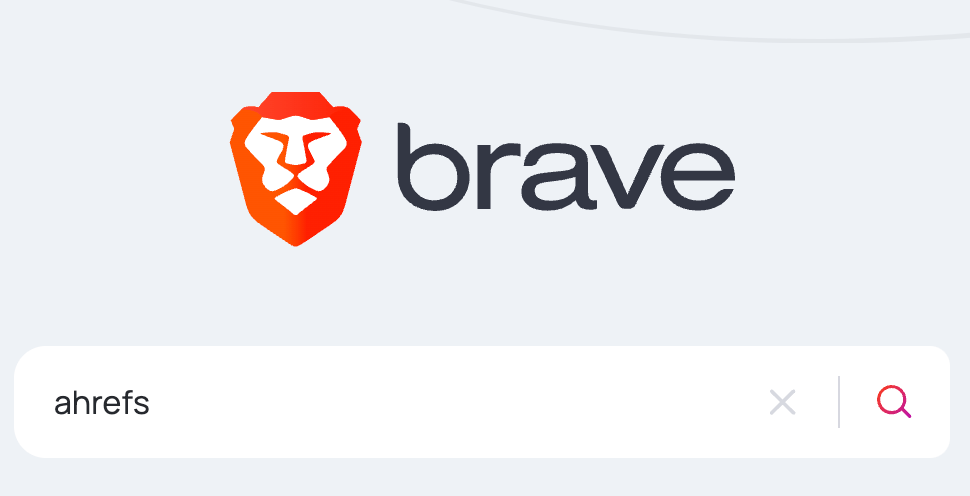
Brave Search is part of Brave Software, which makes Brave, a privacy-focused browser. Its founders include Brendan Eich (creator of JavaScript and co-founder of browser Mozilla Firefox) and Brian Bondy (former senior platform engineer at Mozilla).
While it used to be reliant on Google and Bing for its SERPs, it’s now moved on to complete search independence. Every web result is now served by its own index.
For more privacy, you can choose to turn this toggle off and conduct manual searches, e.g., “things to do in [location].”
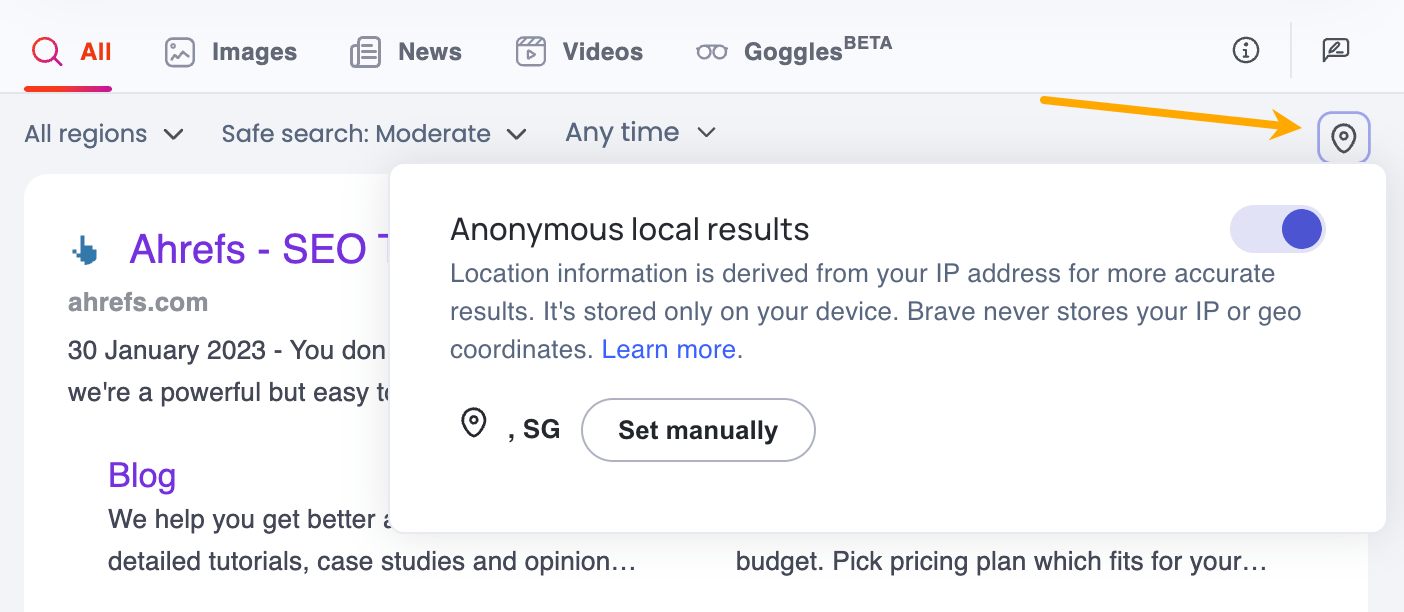
A thing to note, though: In 2020, Brave was caught automatically adding affiliate links to cryptocurrency URLs. I’ll leave it up to you to decide whether it really made a mistake and whether it’s rehabilitated its reputation.
Feature spotlight
Like Bing and Google Bard, Brave has a new AI feature (“Summariser”) that provides concise and to-the-point answers.
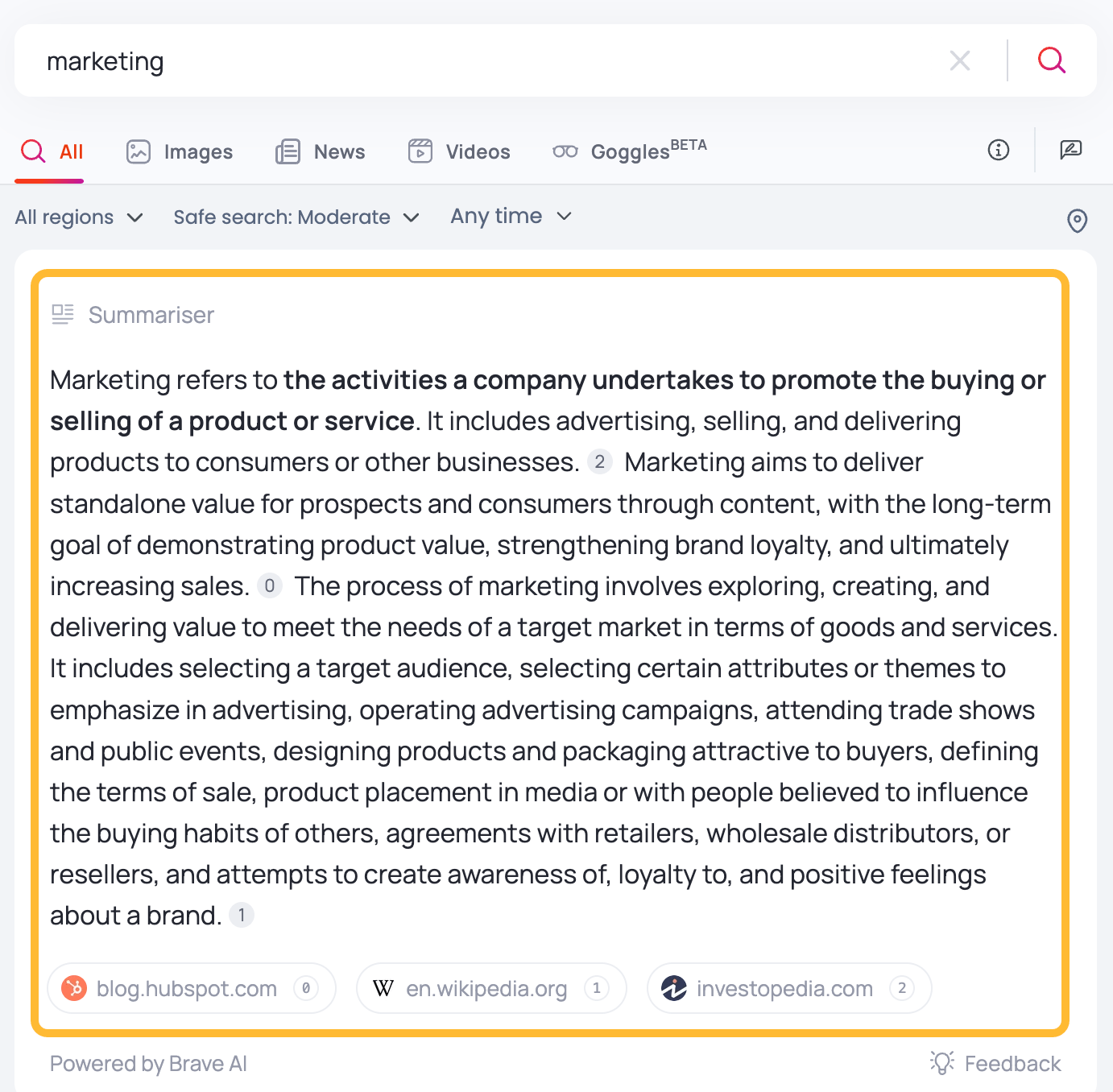
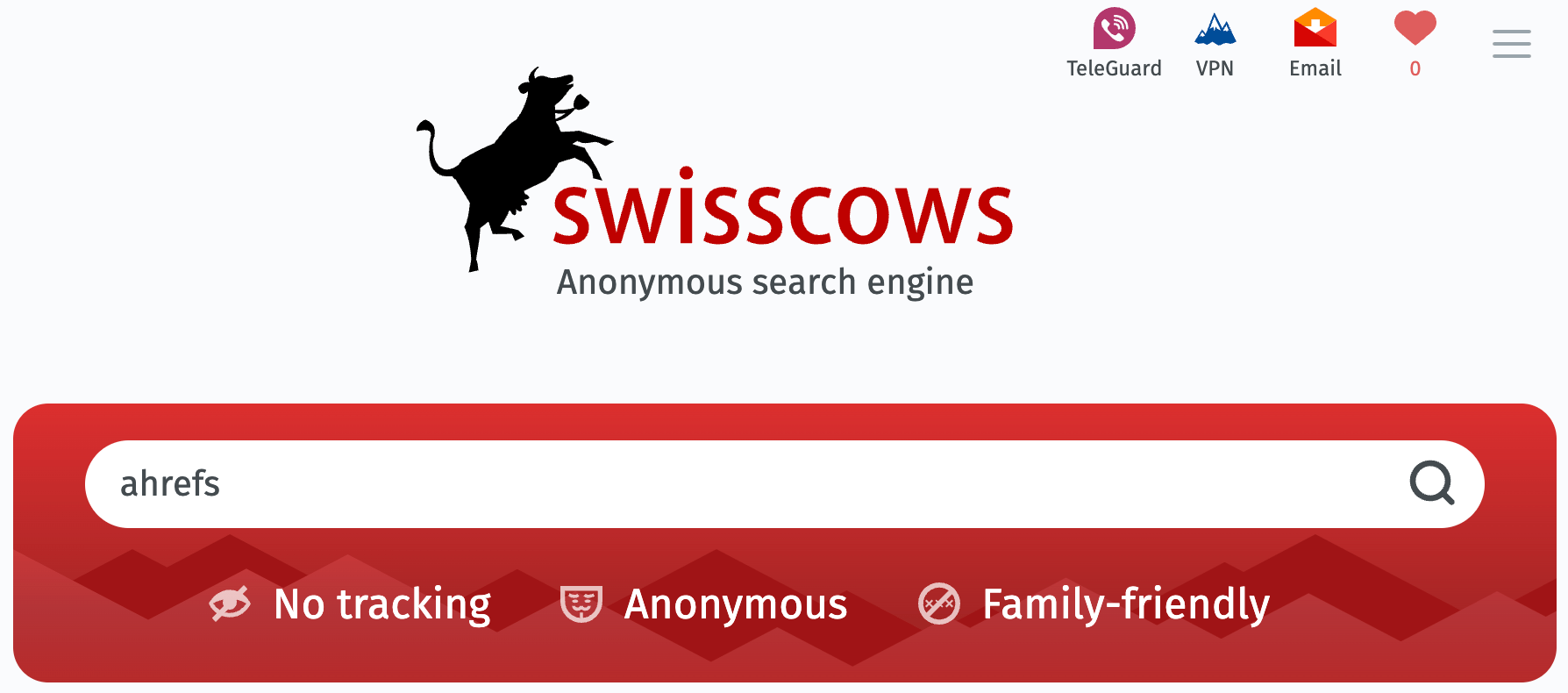
Swisscows is a Switzerland-based search engine that has its own index for German-language queries. For all other languages, results are pulled from Bing. But this isn’t an issue, given that all search queries are stripped of personal identifiers.
The search engine also omits the use of tracking cookies and geo-targeting.
Swisscows’ unique selling proposition (USP) is family-friendliness: It automatically filters out violent and pornographic search results.
As far as privacy goes, Switzerland is not part of an intelligence alliance, but it does have a Mutual Legal Assistance Treaty with the U.S.
Feature spotlight
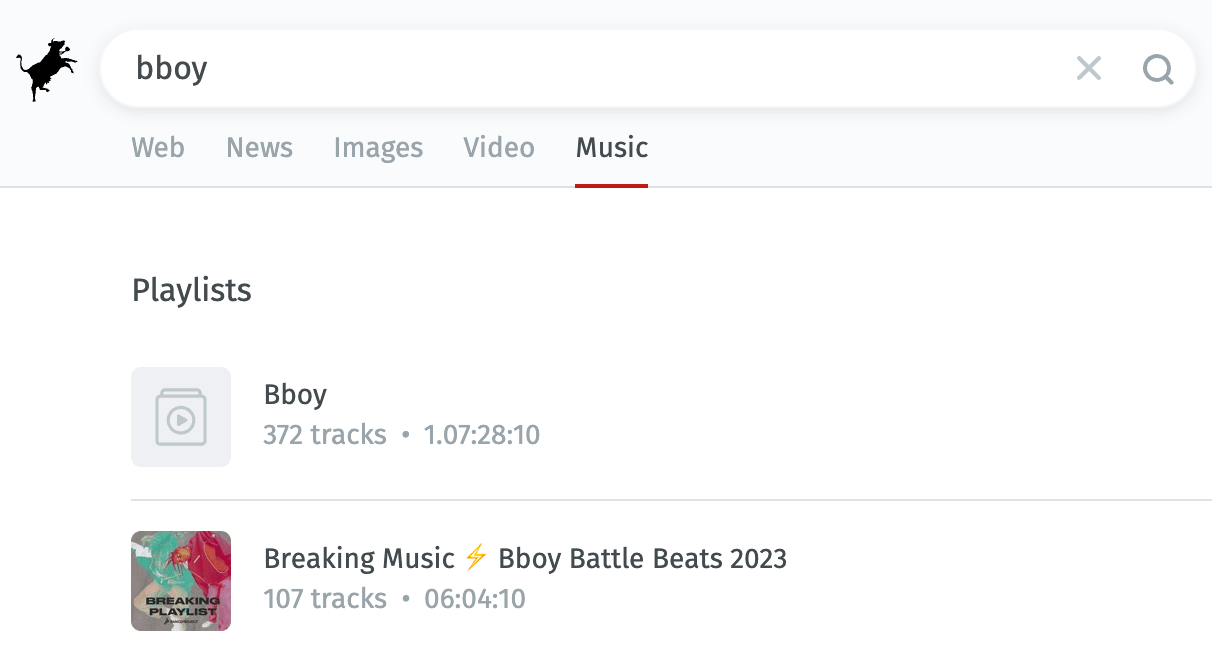
Swisscows has music search, which is powered by Soundcloud.
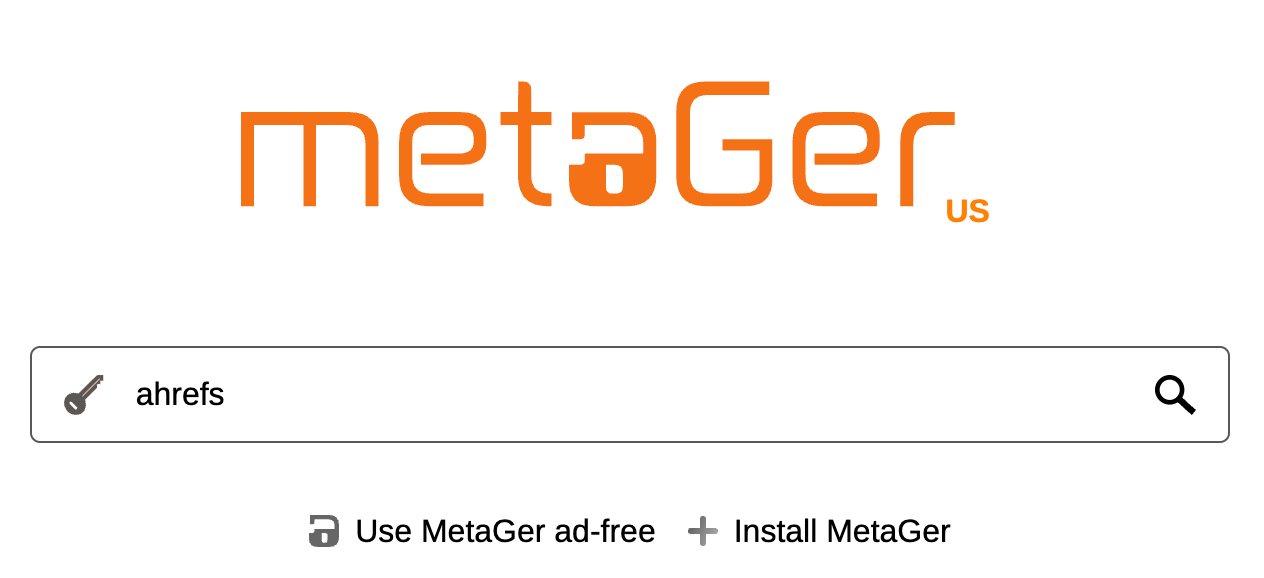
MetaGer is a Germany-based, open-source metasearch engine. Its servers run on renewable energy.
Results are pulled from Scopia, Bing, OneNewspage, and OneNewspage (Video), so they’re pretty timely. You can also deselect the search engines used or create a blacklist of websites in the settings.
We like how transparent MetaGer is in its handling of user information, from queries to maps. Still, it’s not without caveats: The search engine stores your full IP address for 96 hours, and your name and email address are kept if you fill out its contact form.
However, it does use an anonymizing proxy that ensures you retain full control over your data.
Feature spotlight

The “Did you know” box (to the right of search results) offers tidbits about MetaGer and how to refine your searches. You can also click on the text to view the full list of tips.

Mojeek is a crawler-based search engine with its own search index of over 6 billion pages. This makes it excellent for unbiased information. But it also means there may be limited results, as it doesn’t pull results from other search engines.
It was the first search engine to have a no-tracking policy. Your personal data will also never be sold or distributed, which is a huge plus in our books. If you’ve filled out its contact form, you can request to have the information deleted too, as per the GDPR.
All that said, Mojeek is based in the U.K., which is part of the Five Eyes intelligence alliance.
Feature spotlight
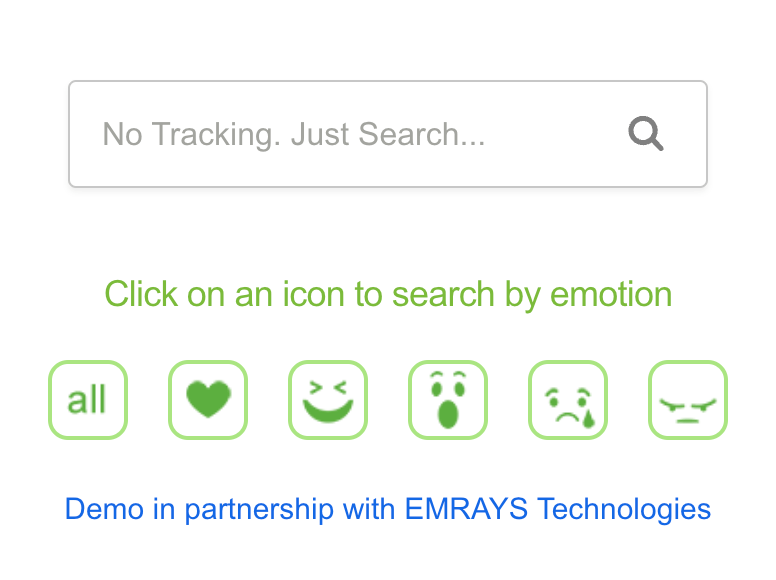
The emotion-based search classification feature allows you to enter a keyword and search by emotion.
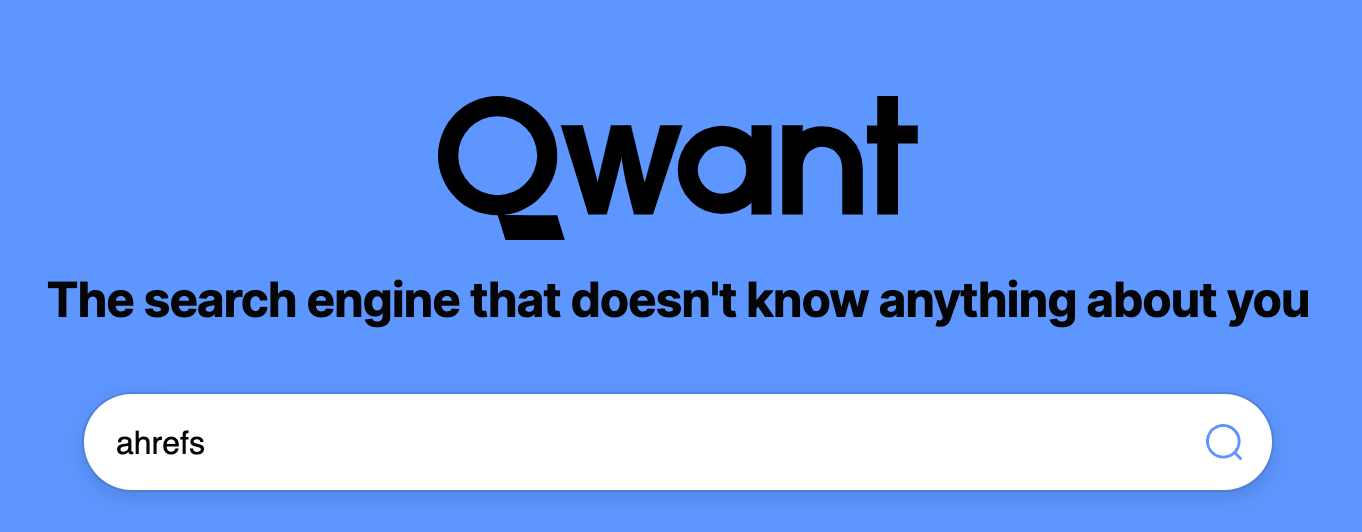
Qwant is a Paris-based search engine whose search results are powered by Bing and its own web crawler. It’s fully accessible in over 30 countries but, alas, not Singapore.
Qwant claims to be private, and it says it doesn’t track your geolocation, collect data, or use tracking cookies. However, it keeps your IP address for fraud detection purposes. Also, since 2016, Qwant started sending data to Microsoft Bing Ads without the informed consent of its users. It only disclosed this in mid-2021.
While Qwant offers GDPR protection, France is part of the Nine Eyes intelligence alliance.
Feature spotlight
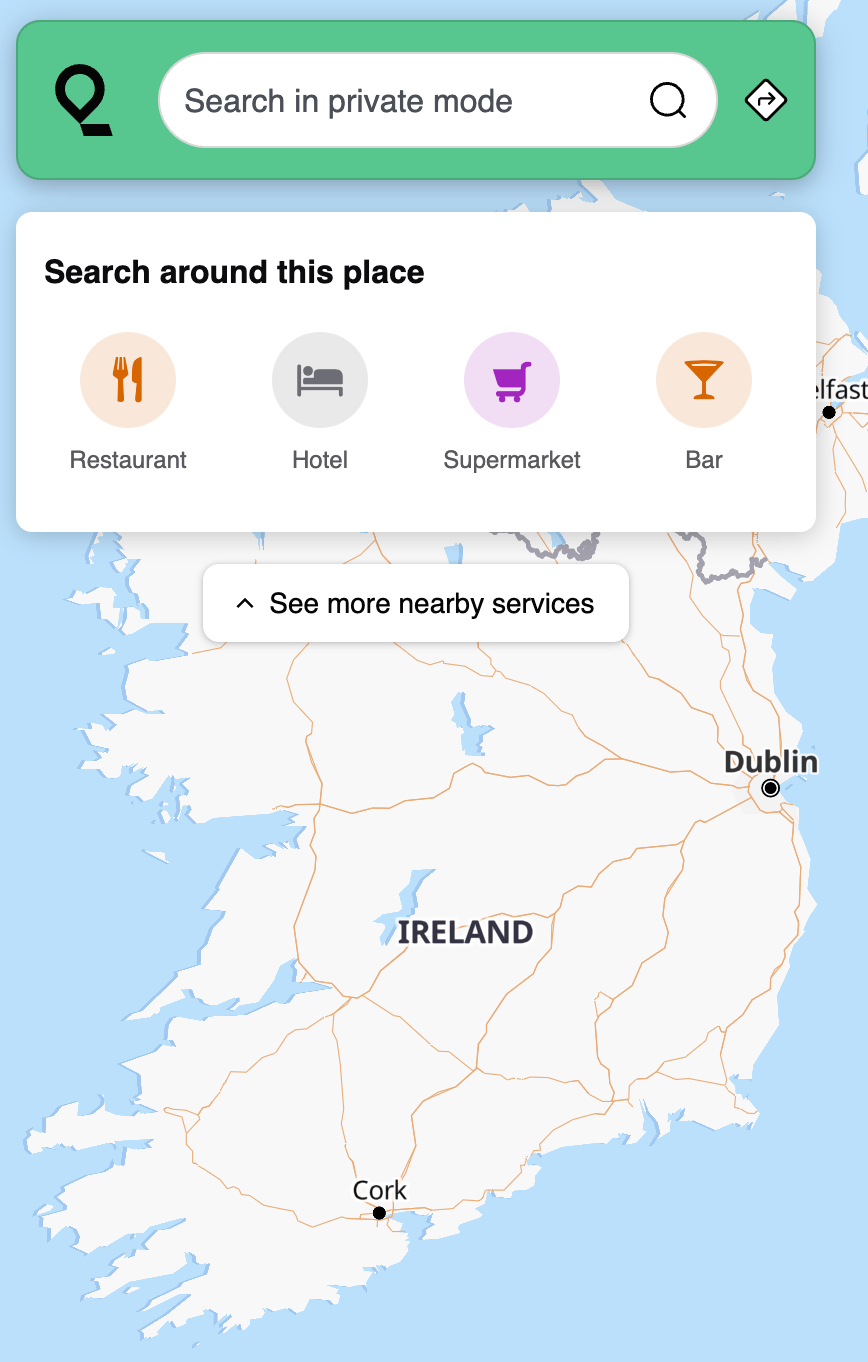
Qwant offers a “maps” feature without tracking.

Did you know every action you take on your digital device emits carbon dioxide? And Google plays a big part in it: It’s accountable for ~40% of the internet’s carbon footprint.
To counteract this, private search engine Ecosia donates 80% of its profits to tree-planting projects, or roughly one tree for every 45 searches made. It has also built a solar plant so that its servers can run on clean power.
Ecosia isn’t fully private. It collects search data and personally identifiable information, both of which are only anonymized after seven days. But we reckon using the search engine is a worthy trade-off, as it seeks to tackle climate change.
Feature spotlight
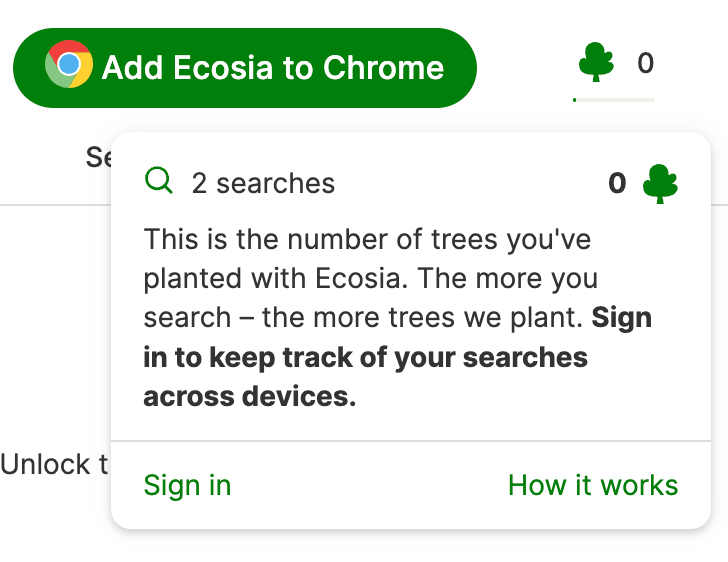
Your number of searches is shown on a scoreboard (unless you choose to clear your browser cookies), allowing you to keep track of your impact on the environment.

Why do search engines need to track you? The simple answer is because that’s how they make money.
Search is free, so search engines have to make money via advertising. To serve better ads and help advertisers reach customers efficiently, search engines need data.
But what if it doesn’t have to be that way? Kagi thinks there’s a different way. Rather than the standard ads model, Kagi has decided to go for a subscription model.
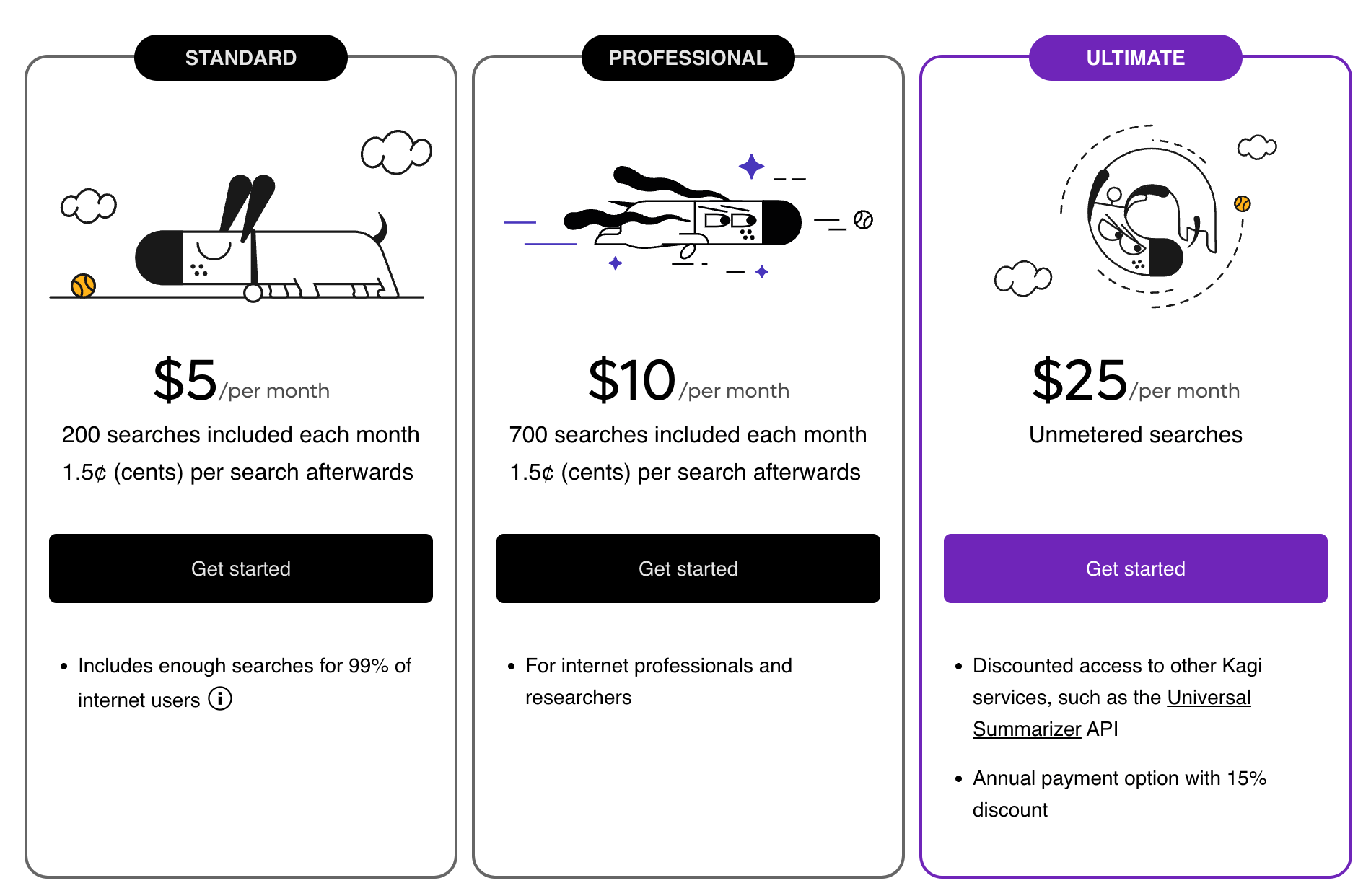
Kagi is truly private—its privacy policy is extensive and transparent. But will people care enough about privacy and Google’s domination that they’ll pay to use a search engine? Kagi certainly thinks so. And so do some people—as of the last update, it has ~2,600 paid subscribers.

Feature spotlight
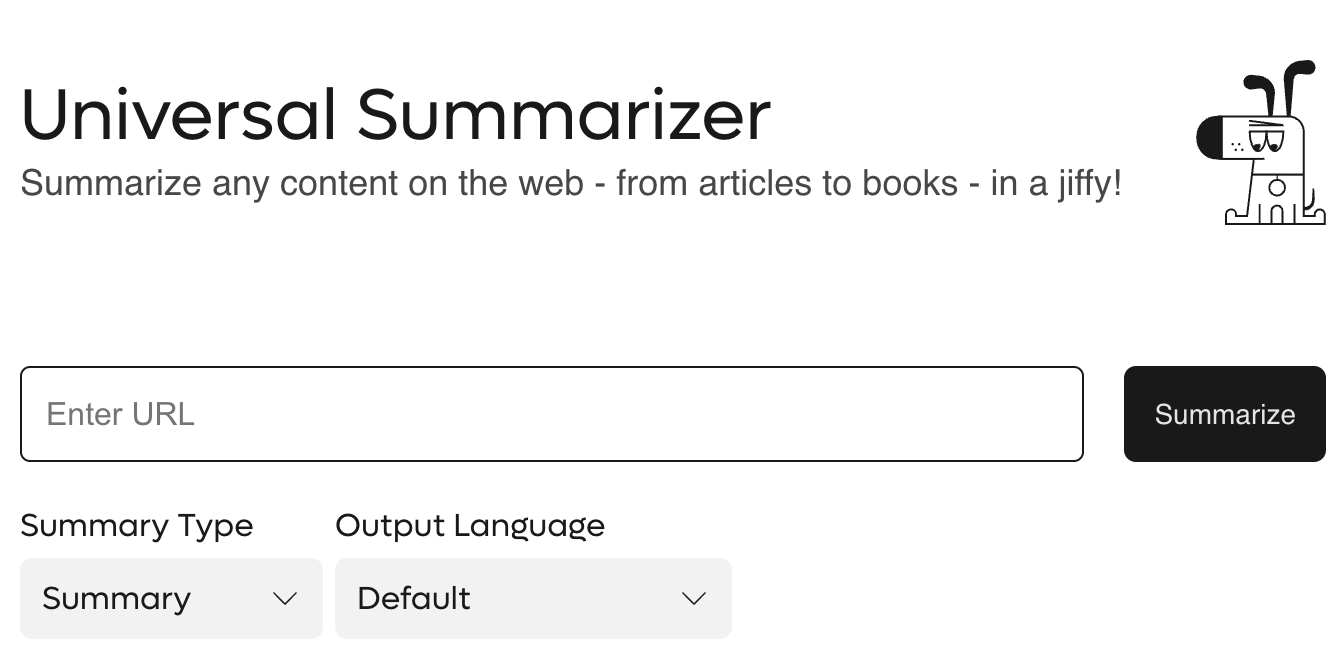
Like most search engines these days, Kagi offers an AI-powered summarizer.
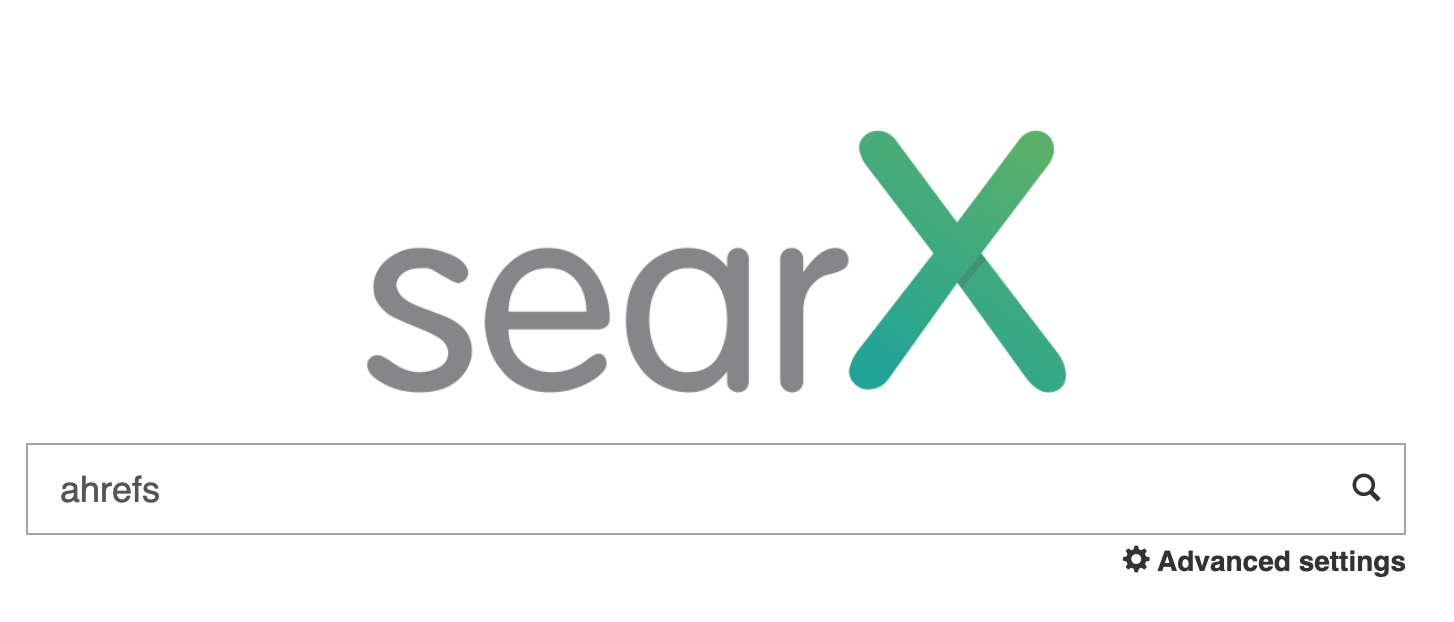
SearX is a free and open-source metasearch engine. Its main aim is privacy, which means it does not share users’ IP addresses, does not use tracking cookies, and even prevents users’ query keywords from appearing in server logs.
If you click a search result, you’re sent directly to the site—rather than a tracked redirect link like what Google does.
Feature spotlight
The reason why SearX is private is it’s designed for users to run private instances on their own computers. Here’s SearX’s documentation. But if you’re not technically sophisticated but still want to be protected privacy-wise, you can use publicly available instances. Here’s a list.
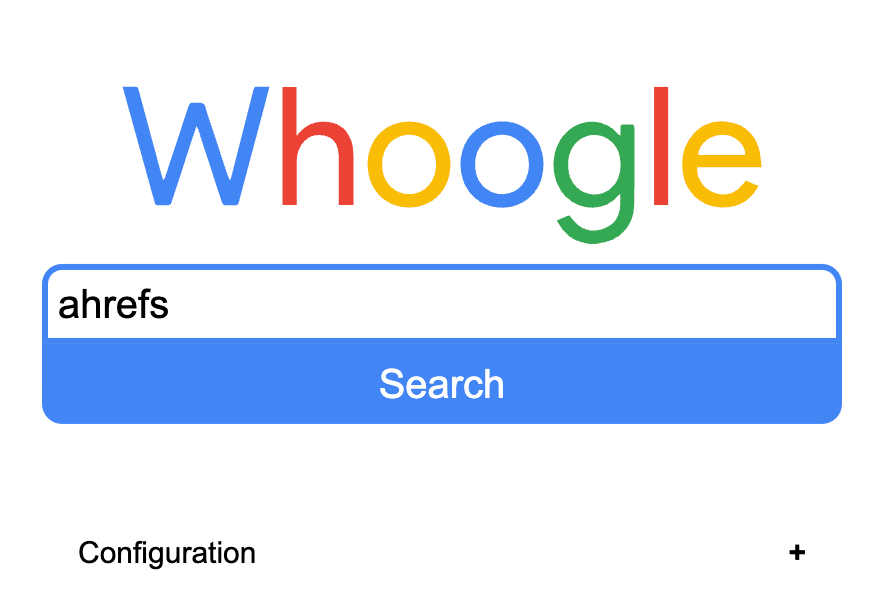
Want to use Google without all the tracking? Try Whoogle.
Whoogle is similar to SearX—it’s a private instance hosted on your own computer. Except that this time ’round, you’re getting Google’s search results. And you’re getting them without ads, JavaScript, AMP links, cookies, or IP address tracking.
The only downside of using Whoogle is that you’ll need to be somewhat technically proficient. Here’s the GitHub documentation and how to deploy.
Considering this, it’s clear it’s not for everyone. But if you know how to program—and are serious about privacy—then you should definitely consider Whoogle or SearX.
Feature spotlight

Whoogle has built DuckDuckGo’s “Bangs” into its search.
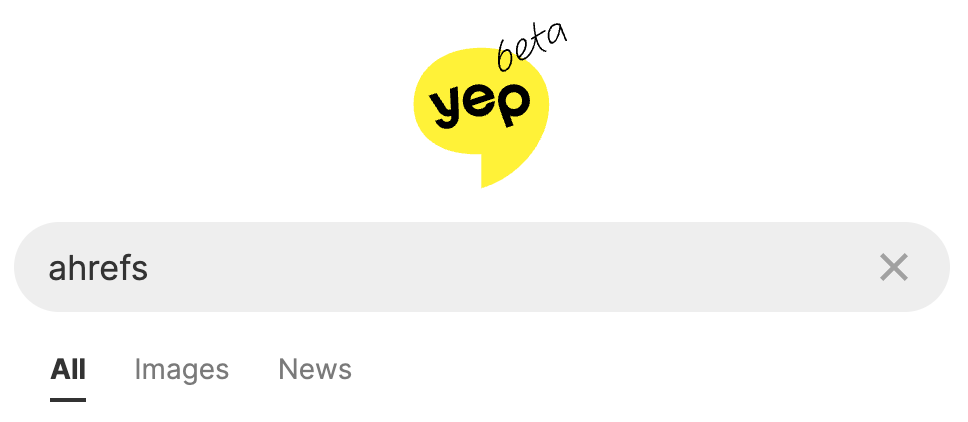
Yep is a privacy-oriented search engine with a 90/10 revenue share model—90% of advertising revenue will be paid directly to creators. It’s created by us, Ahrefs.
When you search on Google, you see SERP features that show instant answers, instructions, and other types of content:

The problem is that Google creates no content itself. These are all taken from webpages and content creators. As a result, Google steals clicks from these websites and generates the revenue itself via ads.
In fact, in one famous case, Google started using CelebrityNetWorth’s content for its featured snippets. CelebrityNetWorth’s traffic declined by 65% in a year and Brian Warner, the founder, had to lay off half his staff.
We want to change that. We don’t want a search model where search engines generate more revenue from content than the creators themselves. That’s why we created Yep.
Think of it like YouTube. YouTube’s model of paying creators has generated an entire ecosystem of YouTubers. That’s how we’re getting such high-quality video content. Ironically, YouTube belongs to Google, but Google isn’t applying that model to its search engine.
Feature spotlight
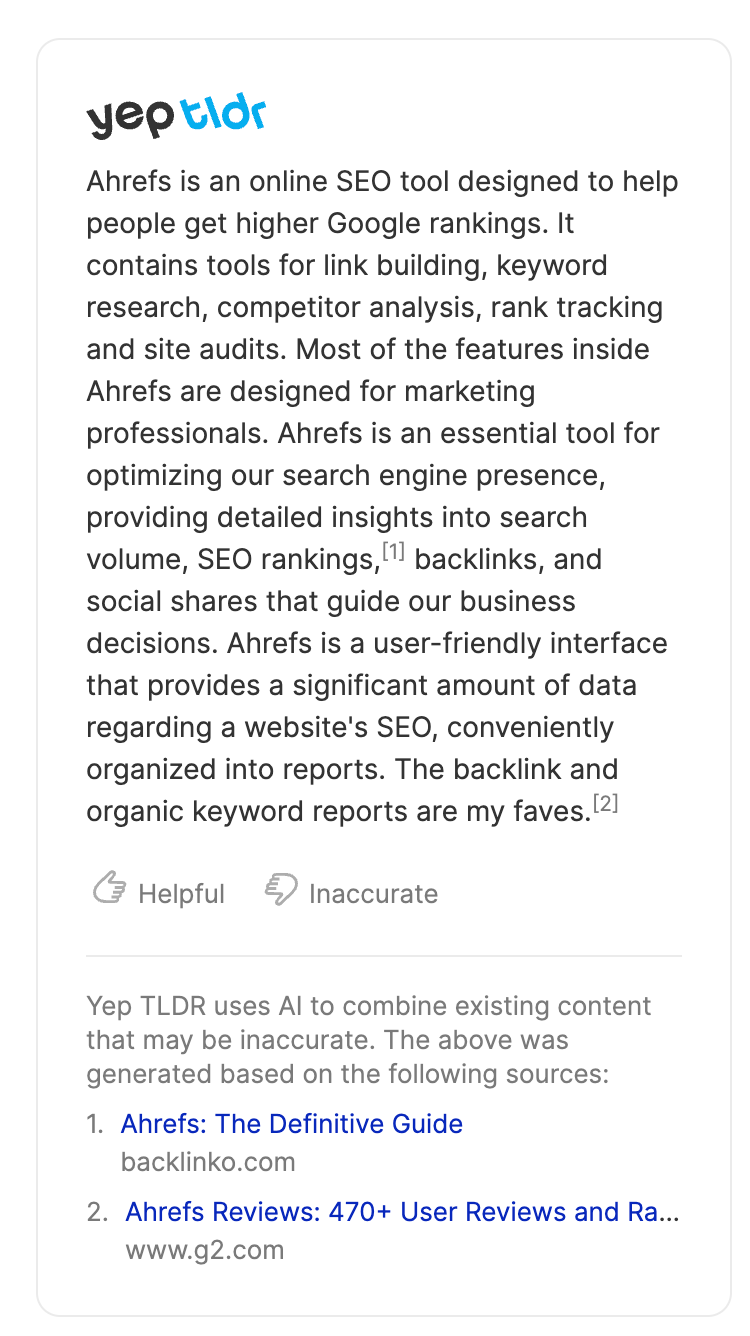
Yep summarizes the top search results for you.

If you believe in the future of blockchain-based technology and are looking for a privacy-oriented search engine, then Presearch could be for you.
Presearch is a decentralized search engine. Instead of using a central server to store and serve data, search engine work like crawling, indexing, and query processing is distributed among nodes. The nodes then get rewarded with Presearch’s token (PRE) for processing the search results.
This act of decentralization, advocates believe, removes Google’s ability to “play God” and censor/restrict search results. This is similar to Brave’s model, where Brave also gives rewards in the form of tokens (BAT).
Feature spotlight
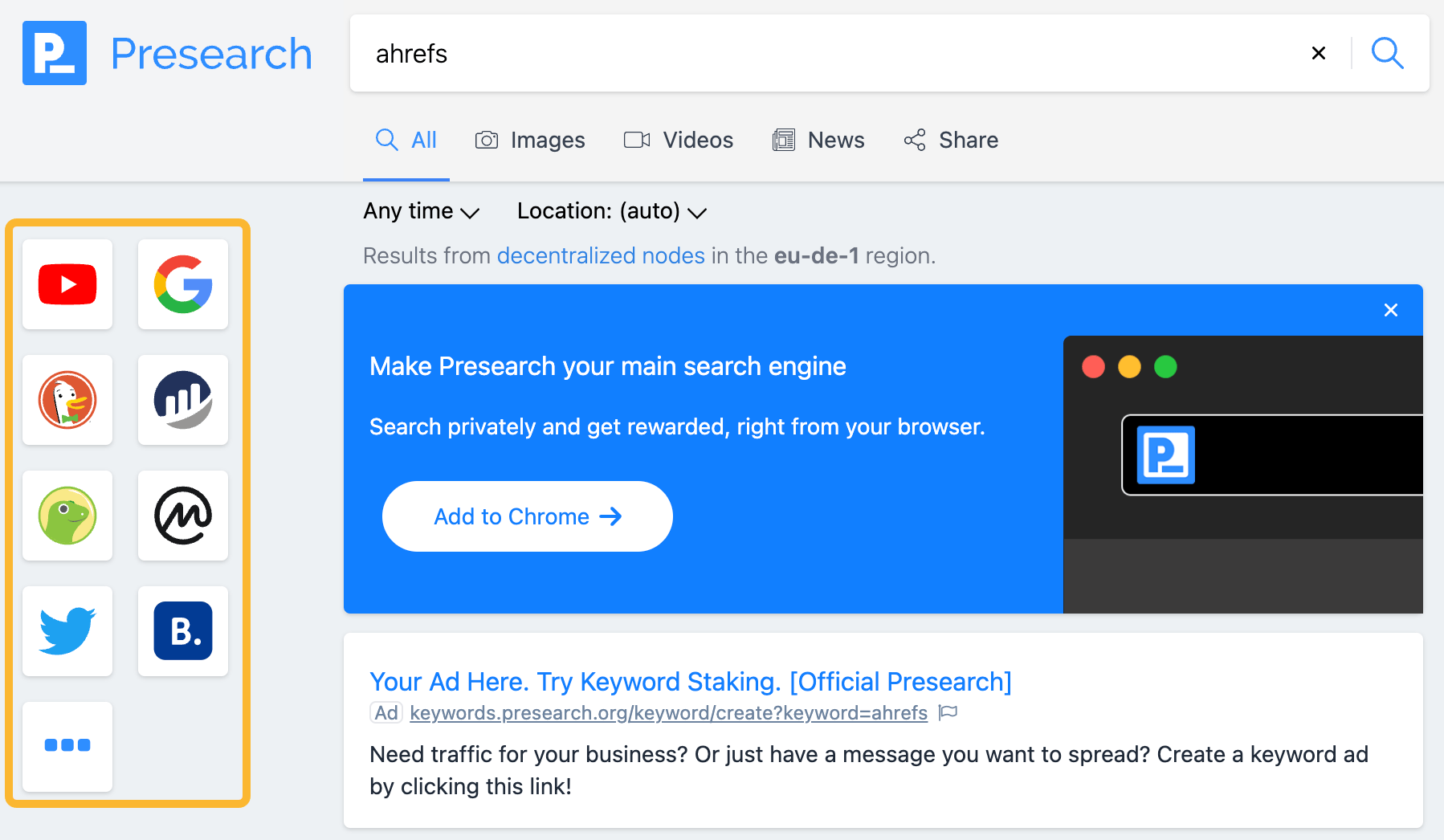
If its results don’t satisfy you, Presearch offers shortcuts to other search engines.
Final thoughts
While Google dominates the global search engine market, it has had its fair share of criticism: antitrust issues, creating a filter bubble, violating user privacy, and more.
For users, alternative search engines may be one workaround. But don’t take our word for it; try out the ones on this list to decide what works best for you.
Got questions or comments? Ping me on Twitter.
Content Copyrights Belong to The Author. All Rights Reserved.
We're A Dallas Digital Marketing Agency That is Experts At Social Media Marketing, Website Design and Emarketing and Promotion.

